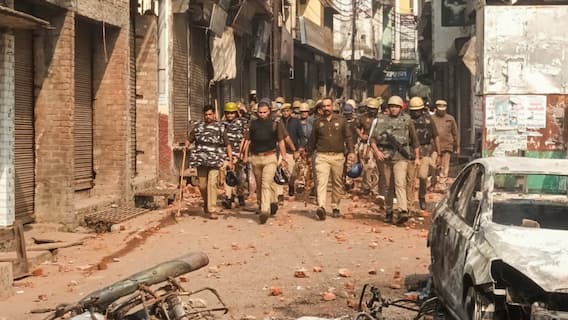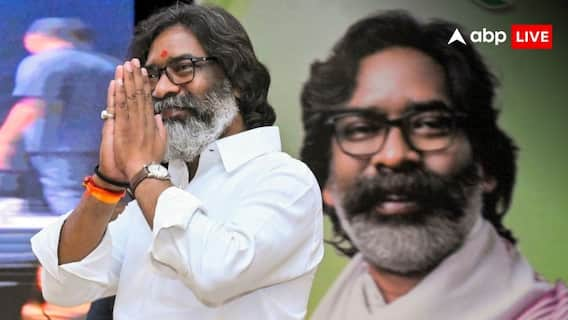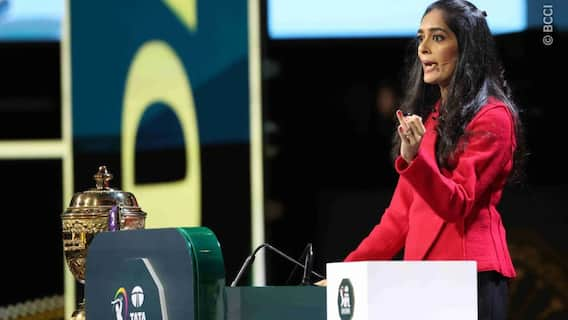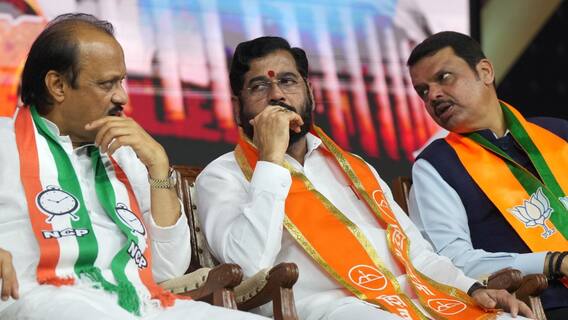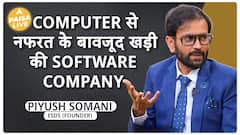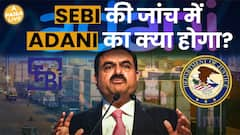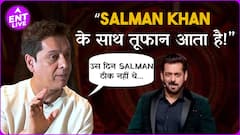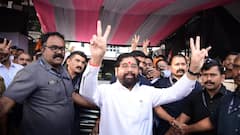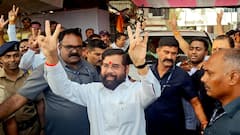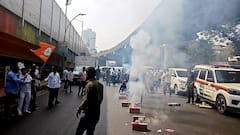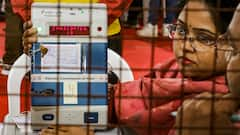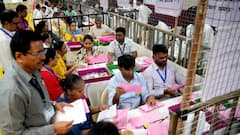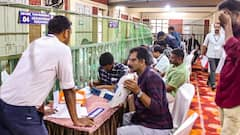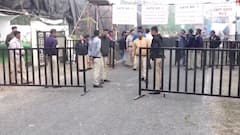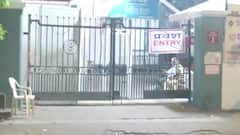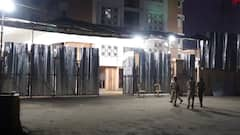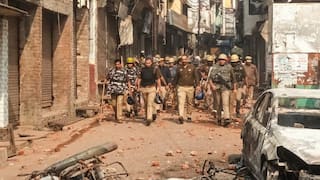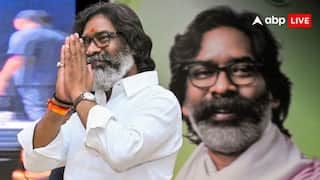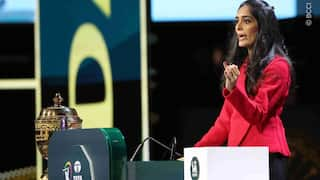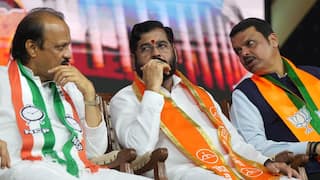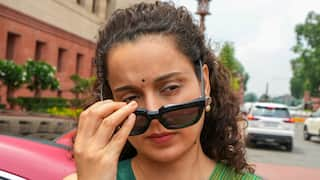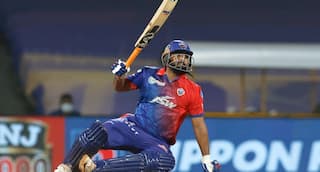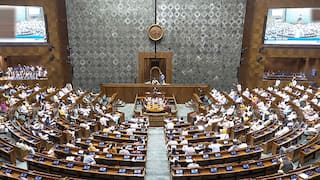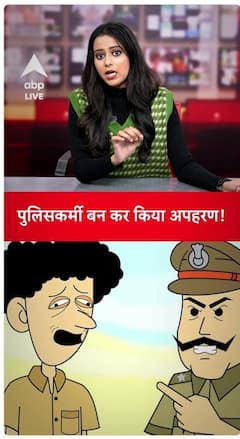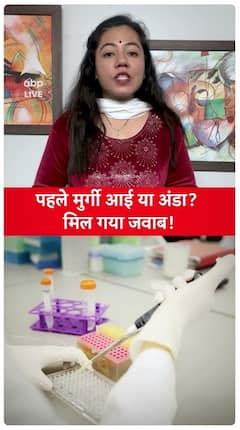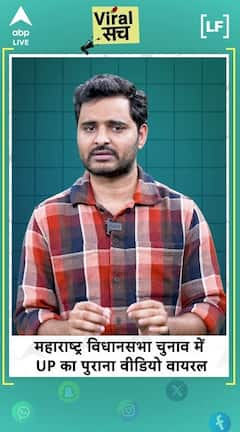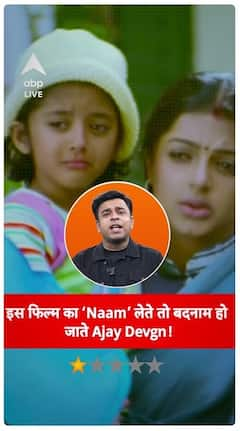Rahul Gandhi Quizzed Again About Marriage Plans: ‘I Don't Plan It, But...’
Congress leader Rahul Gandhi advocated for the restoration of Jammu and Kashmir's statehood during a discussion with Kashmiri women students who also playfully questioned him about his marriage plans.

In a candid interaction with Kashmiri women students during his visit to Srinagar last week, Congress leader and Leader of the Opposition in Lok Sabha Rahul Gandhi reiterated the demand for the restoration of Jammu and Kashmir's statehood. The conversation, which was shared on his YouTube channel on Monday, covered a range of topics, including the upcoming elections, the status of Jammu and Kashmir, and women's safety.
The discussion also delved into more personal matters, with the students playfully questioning Rahul Gandhi about his marriage plans—a topic that has long been a subject of speculation. Responding with a smile, Gandhi said, "I have outlasted that pressure for 20-30 years." When asked if he plans to get married, he responded, "I don't plan it, but if it happens..." The students, in unison, requested an invitation to the wedding, to which he laughingly replied, "I will."
The women of Kashmir have strength, resilience, wisdom and a whole lot to say.
— Rahul Gandhi (@RahulGandhi) August 26, 2024
But are we giving them a chance for their voices to be heard? pic.twitter.com/11Te8MM5fH
The students also shared their own apprehensions regarding marriage citing the divorce rate and societal pressures.
Notably, Rahul Gandhi was previously asked about his marriage plan during a rally in Rae Bareli parliamentary constituency after his nomination in May this year. Priyanka Gandhi, at the gathering, had then told him to answer the question when somebody from the crowd asked "Shaadi kab karoge (When will you marry)?". Rahul Gandhi said it would have to be soon now, "Ab jaldi karni padegi."
ALSO READ | Congress, NC Arrive At Seat-Sharing Formula For J&K Assembly Polls. Details Here
Rahul Gandhi On Jammu & Kashmir's 'Statehood', Says PM Modi 'Doesn't Listen To Anyone'
Addressing the women students, Rahul Gandhi expressed his dissatisfaction with how Jammu and Kashmir is being governed from Delhi. "This status of running Kashmir, running Jammu from Delhi does not make any sense," he stated, emphasising the need to restore statehood and ensure proper representation for the people of Jammu, Kashmir, and Ladakh. He added, "We are clear, the way it was done, we did not like. But now, for us, the principle is to get the statehood back and that includes representation to people of Jammu Kashmir and Ladakh."
Rahul used the interaction as an opportunity to address the upcoming elections in Jammu and Kashmir, describing them as historic. "It is the first time in Indian history that statehood has been taken away from a state," he pointed out.
Rahul also criticised Prime Minister Narendra Modi during the discussion, alleging that the PM's refusal to listen to others stems from insecurity rather than strength. "My problem with the PM is that he does not listen to anyone. It comes from insecurity; it does not come from strength. Even if he sees something that is showing him that he is wrong, he will not accept it," Rahul remarked.
He also highlighted the importance of freedom of the press and the need to ensure the safety, dignity, and equal opportunity for women in the region. "The women of Kashmir have strength, resilience, wisdom, and a lot to say," he noted, questioning whether their voices are being heard adequately.
In the accompanying message on his YouTube channel, Rahul shared that he had met several Kashmiri students enrolled in various colleges, studying subjects such as law, physics, journalism, and political science. They discussed not only the broader implications of incidents like the recent one in Kolkata but also the systemic issues affecting women's safety and dignity across regions. Rahul emphasised his commitment to ensuring their safety, equal opportunity, and respect.
The interaction took place against the backdrop of the upcoming 90-member J&K assembly elections, which will be held in three phases on September 18, September 25, and October 1, with results to be announced on October 4.
IPL Auction 2025
Top Headlines
Trending News







